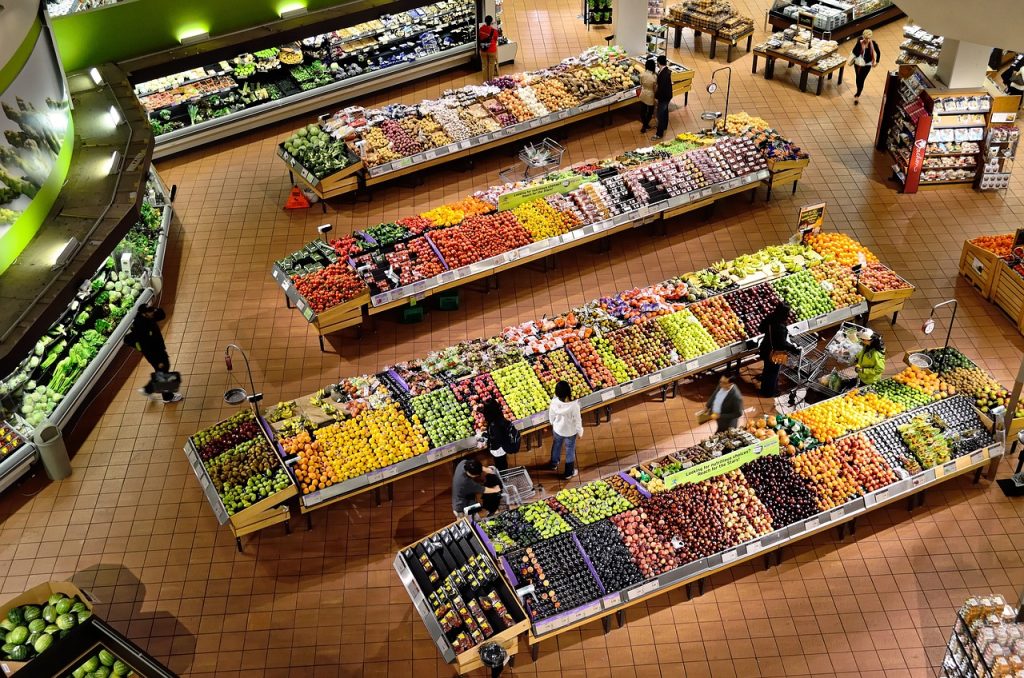All fields are required
Posted in E. coli,Our Blog on December 17, 2024

If you think about it, vegetables are riskier than beef when it comes to E. coli.
There I said it. And believe it or not, it is true!
And there is science and data to back it up!
Some of the more recent E. coli outbreaks in the news have involved vegetables. Not beef. Is that surprising? It shouldn’t be.
Let’s discuss.
Most recently, organic carrots have been under fire. This is the most recent E. coli outbreak. And it is associated with a vegetable. Not meat.
So far there have been 39 illnesses and hospitalizations associated with Grimmway Farms organic carrots. One person has died. A recall has been announced for the product that was shipped across the United States. And also internationally to Canada, Colombia, Hong Kong, and the United Arab Emirates.
The organic carrots E. coli outbreak comes just after the very public McDonald’s and Taylor Farms onions E. coli outbreak. Also a vegetable.
As of the last update, this outbreak includes 104 confirmed cases, 34 hospitalization, and one death. Despite routine testing, E. coli was missed in product samples.
Also on the list of this year’s E. coli outbreaks not linked to beef, we had walnuts. Not exactly a vegetable. But not beef either. This outbreak sickened 13 and hospitalized seven.
Wendy’s experienced an E. coli outbreak linked to their lettuce in 2022. Taco Bell also had a problem with lettuce in 2006. Fast food lettuce has been a vehicle for foodborne illness many times. Once, a parasite even caused an outbreak. In 2018 nearly 400 people were sickened by contaminated lettuce from McDonald’s.
All vegetables. All not beef.
Despite expecting beef to be a riskier food for E. coli contamination, it seems that other threats loom beneath the surface. In many different ways, vegetables are riskier than beef for E. coli contamination.
While not complete, I have a few theories. And they involve things directly effecting vegetables and do not really apply to meat or beeg.
When it comes to beef, the animal is slaughtered and then processed. Most of the time, just about all of the processing takes place at the same facility. Occasionally you will get additional processing at the local level in butcher shops or butcher departments at grocery stores. Once they make it to the grocery store and packaged, the actual product is not touched. There are fewer steps.
For vegetables, there are multiple opportunities for contamination. Every time the crops are watered, contaminants in the water can adulterate the veggies. At harvest and during transportation, these vegetables come in contact with other equipment that might be contaminated. If managed at a processing plant, there are several other steps that can adulterate the product.
Many times, irrigation water is tested, or samples of products obtained for testing, yet the amount of potential contamination is so low it doesn’t appear on tests. Given the right environment and opportunity to grow, a small amount of bacteria can rapidly increase to infectious numbers by the time the vegetable makes it to your home.
Have you every looked around at the grocery store. How many people have touched that apple before you got to it. Every person standing in front of those honeycrips are trying to select the best one. They move them around, catch them from falling onto the ground. All to select the one they want. Then up walks the next person to repeat the process.
How many hands have touched that produce before you get to it. Did they wash their hands. Have they recently had a stomach bug? You will never know. All you can do is hope you washed it effectively enough before you put it in your child’s lunchbox the next day. Just another reason it is oh so important to wash your fruits and vegetables before eating or preparing them.
Beef and other meats undergo a cooking process. Heat treatment, when it reaches a certain temperature, effectively kills lurking germs.
Many fruits and vegetables are eaten raw. Without this heat kill step, you are relying on good ole’ water and friction to remove harmful microbes from your food.
Carrots and onions have been in the news lately for E. coli outbreaks. But what other vegetables are commonly contaminated with E. coli.
Leafy greens tops the list. Different types of lettuces and spinach can bring contaminated water into their leafy structure. Sprouts are also commonly associated with E. coli. These vegetables are often consumed raw, so they do not undergo that all important heat step. This increases the likelihood that if they are contaminated, they may cause infection.
If you have been impacted by an E. coli outbreak and wish to make a legal claim, The Lange Law Firm, PLLC has a E. coli lawyer that can help!
An experienced E. coli lawyer knows exactly how to navigate the legal process and help you hold those responsible for foodborne illness responsible. They have won millions of dollars in product liability and contamination cases, and they can help you.
Reach out by phone at (833) 330-3663 or fill out the online submission form for a free, no obligation consultation to go over the details of your situation and determine if you have a legal case.
For this, and more about food safety topics in the news, check out the Make Food Safe Blog. We regularly update trending topics, foodborne infections in the news, recalls, and more! Stay tuned for quality information to help keep your family safe, while The Lange Law Firm, PLLC strives to Make Food Safe!
By: Heather Van Tassell (contributing writer, non-lawyer)